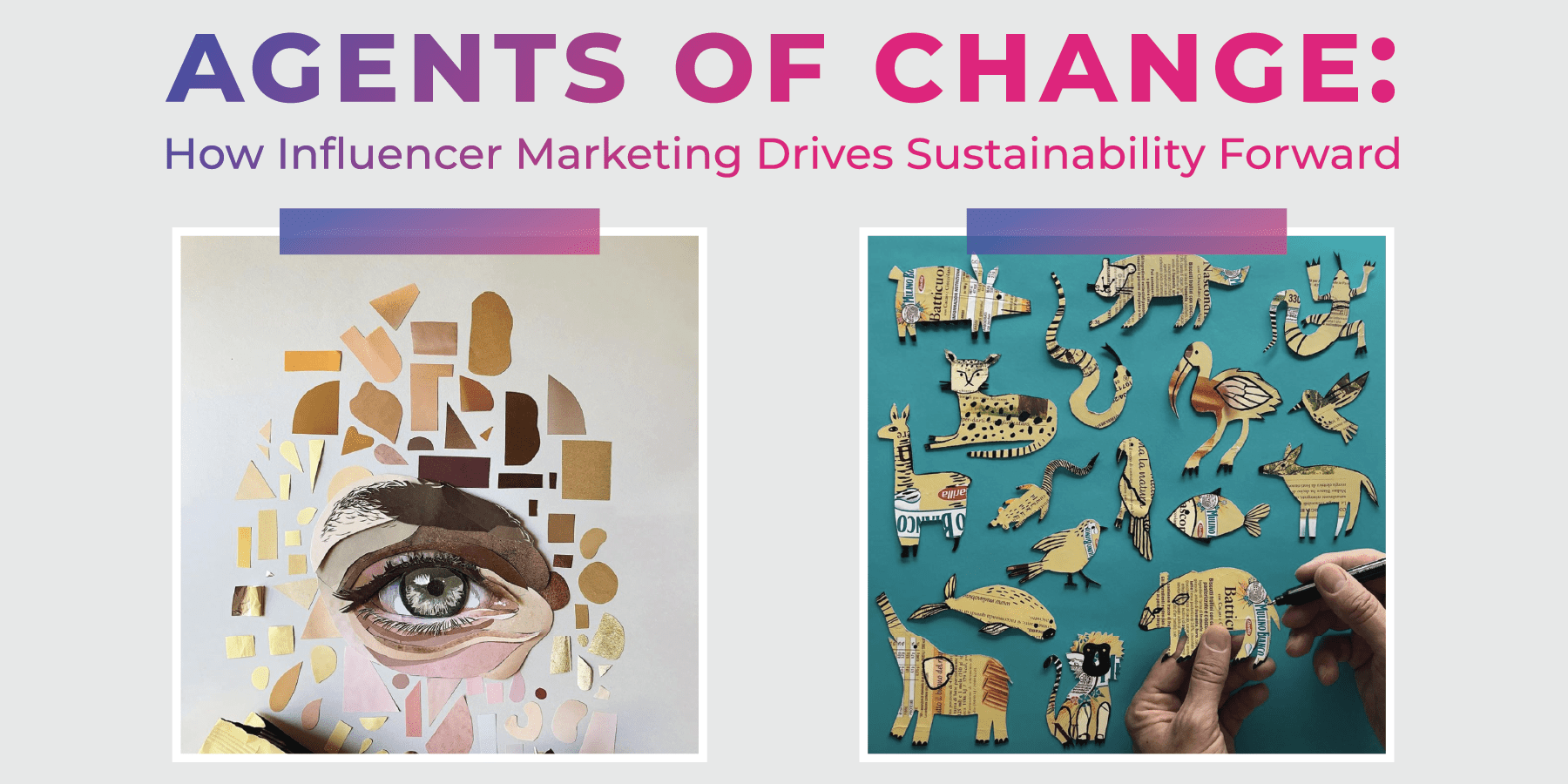Sustainability has reached a tipping point. Brands are starting to realize their bottom-line and brand growth depends on it, because environmental conscious consumers across the globe are exercising their power to demand change through the products they buy.
More than ever, consumers are looking to align their purchases with their values and they will distance themselves from brands that fail to embrace true sustainability.
Today’s consumers are marketing-savvy and they can sniff opportunism or lack of authenticity from a mile away. Brands need to carefully communicate their brand purpose to build a loyal customer base.
Sustainability is No Longer a Choice
Environmental concerns are increasingly growing, particularly with young consumers. In the first half of 2020 alone, searches for “sustainability” grew by 37%. Gen Z and Millennials are spending more money on companies that care for the environment and make products that support their eco-friendly lifestyle. In fact, Harvard Business Review found that products that were marketed as sustainable grew 5.6 times faster than those that were not.
Younger consumers are more morally conscious, and more collectively minded than any generation before them.Which clearly confirms that Millennials are putting their ‘money where their mouth is’. Transparent business models, a clear and concise corporate sustainable message, and a commitment to social issues are decisive factors for millennials when deciding which brands they support. A 2015 Nielsen Sustainability Report concluded that “73% of global Millennials are willing to pay extra for sustainable offerings—up from 50% in 2014.”
A Core Value that Drives Sales Performance
This consumer awakening is having a direct impact on the products we now find on the shelves. Brands are listening to their consumers and are adapting to their wants and needs. We’ve been witnessing a lot of changes in how products are made, what the final products look like and how they communicate those changes with the end customer.
The sustainability bandwagon is already up and going. Nielsen reported that sustainability’s share between 2014 and 2017 grew nearly three percentage points. Conventional products’ share of sales, on the other hand, dropped by almost four points. By 2021, it is expected that sustainable goods will make up 25% of all store sales.
Communication is as Important as Action
Today’s consumers demand accessibility and transparency from companies. The same principle applies to your brand’s sustainability practices. Consumers don’t immediately trust your brand, so providing them with accurate information is crucial. By strongly communicating where your brand stands regarding sustainability, you are connecting with your consumers in a more personal, value driven, way.
Beyond announcing environmental policies, consumers expect to follow along on your brand’s commitment. Given that most brands are present on social media platforms, consumers want to see your policies come to life and will hold you accountable. Failure to do so can come off as deviating away from the sustainable practices that define you as a brand. These must be communicated as you would brand core values. 60% of U.S. consumers find authenticity to be the best quality of their favorite brands. There is simply no hiding from keeping your audience in the loop.
Being clear about your environmental commitment can have positive results, as Unilever found that one in five people would actively choose brands if they made their sustainability credentials clearer on their packaging and in their marketing.
Authenticity: The Key to Any Influencer Marketing Strategy
Social influence seems to play a huge role in consumer behavior when it comes to sustainability. Online shoppers that are told that other people are buying eco-friendly products are 65% more likely to buy at least one sustainable product. Brands have seen similar positive results when they ask their consumers to brag about their sustainable preferences. We can’t think of a better place to influence consumers on sustainable choices than social media, with influencers playing the role of the trusted communicator for brands.
Influencer partnerships with brands are being closely watched. On social media, savvy uses quickly became accustomed to sponsored content, and can spot disingenuous posts from a mile away. Consumers expect transparent and authentic engagement from both the brands they shop with and the influencers they follow – one demographic more than any other fits this profile, and that is Millennials.
Common place influencer marketing terms like ‘authentic engagement’, or ‘sentiment analysis’ are rippling across the industry like never before. Authentic engagement is a “true moment”. Do the Influencers who promote products with their followers genuinely love what they are pitching? Do the large conglomerates that keep these influencers on a retainer, really care about the earth, and its inhabitants? Odds are, some Influencers are in it for the cash, and a percentage of these companies are indeed ‘greenwashing’ their credentials to bump up their bottom line.
The reality is that brands who are truly committed about environmental issues should seek partnerships with influencers who see eye to eye on said concerns. This will not only generate authentic content that flows into the feed’s of like minded followers, but will boost brand profits in the long term.
Promoting Sustainability Through Influencer Marketing Campaigns
As a global influencer marketing agency, we worked with Italian brand Mulino Bianco, which produces some of the country’s most loved cookies and baked goods. For their influencer marketing strategy, we partnered with content creators that can showcase creative ways to reuse and recycle Mulino Bianco’s packaging. Beyond keeping their products fresh, their carton packaging resulted in beautiful pieces of art made by influencers.
When it comes to sustainability, consumers want to know where products are sourced from, who are the people who made them, and what their environmental impact is. Brands need to always be one step ahead, and provide consumers the transparency and assurance that what they are purchasing has been made to positively benefit the planet.
Open Influence can help you communicate what your brand stands for through influencer marketing. Contact us at social@openinfluence.com.








